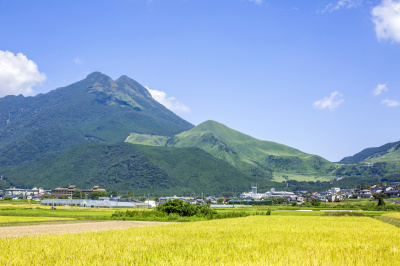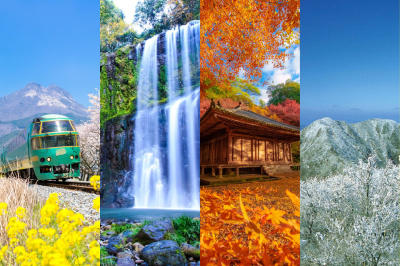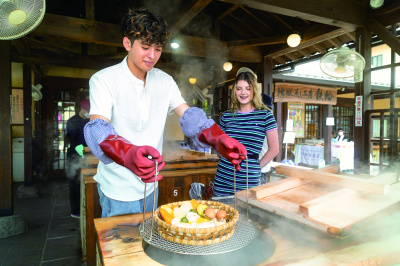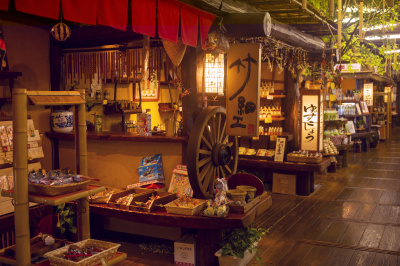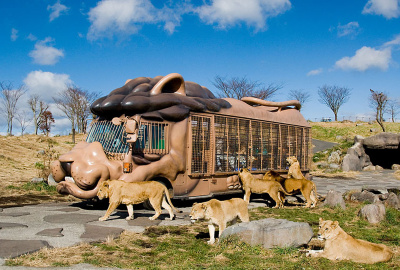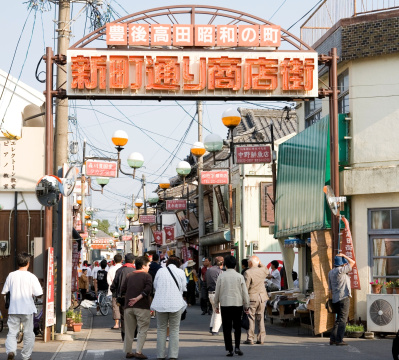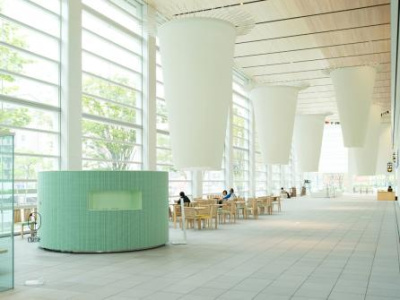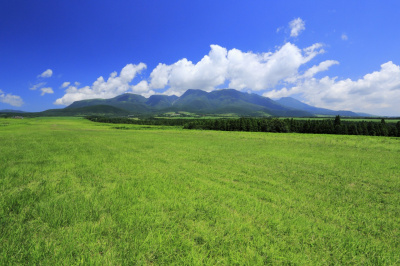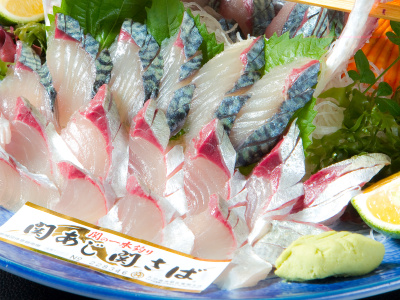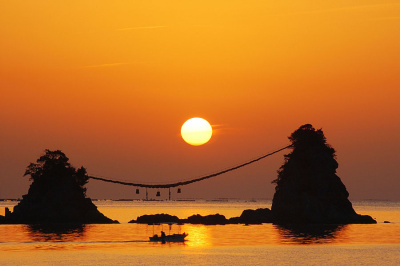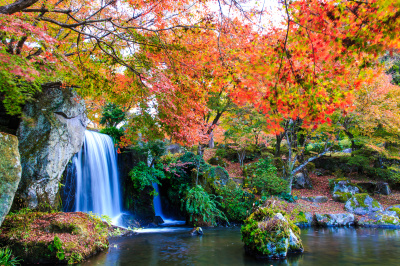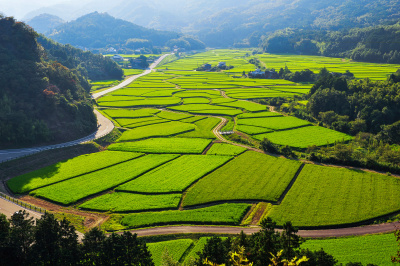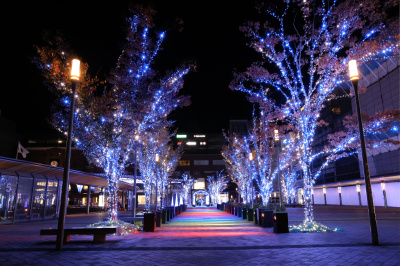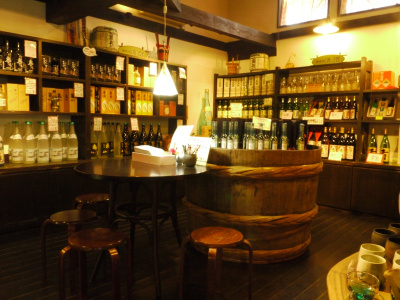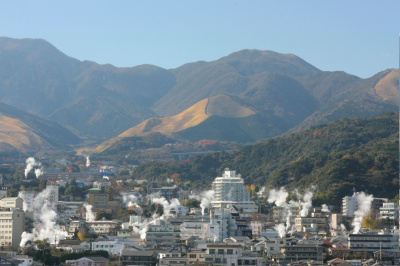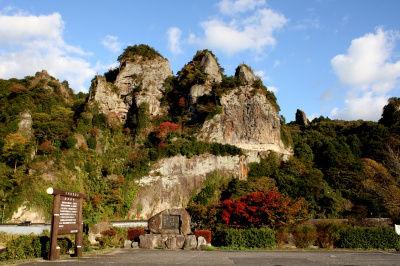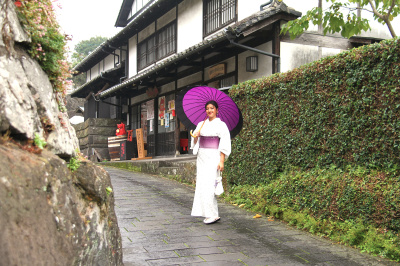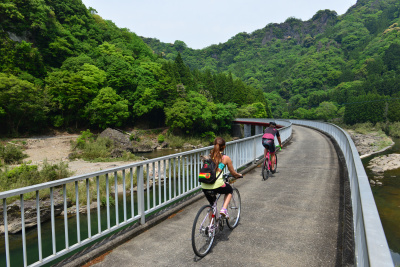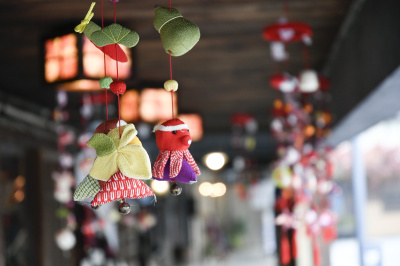Oita Prefecture: One of Japan’s Top Adventure Travel Destinations
Located in Japan’s Kyushu region, Oita Prefecture is one of the country’s top destinations for adventure tourism. Surrounded by volcanic mountains, lush forests, and onsen, this area offers a wide range of experiences that blend active hiking, thrilling outdoor activities, and deep cultural immersion.
On this trip, we explored three distinctive areas of Oita—Saiki, Bungo-ōno, and Bungotakada to Kunisaki—each offering its own encounter with nature and the daily lives of the local people.
* Please note that the text shown on this page includes machine translations.
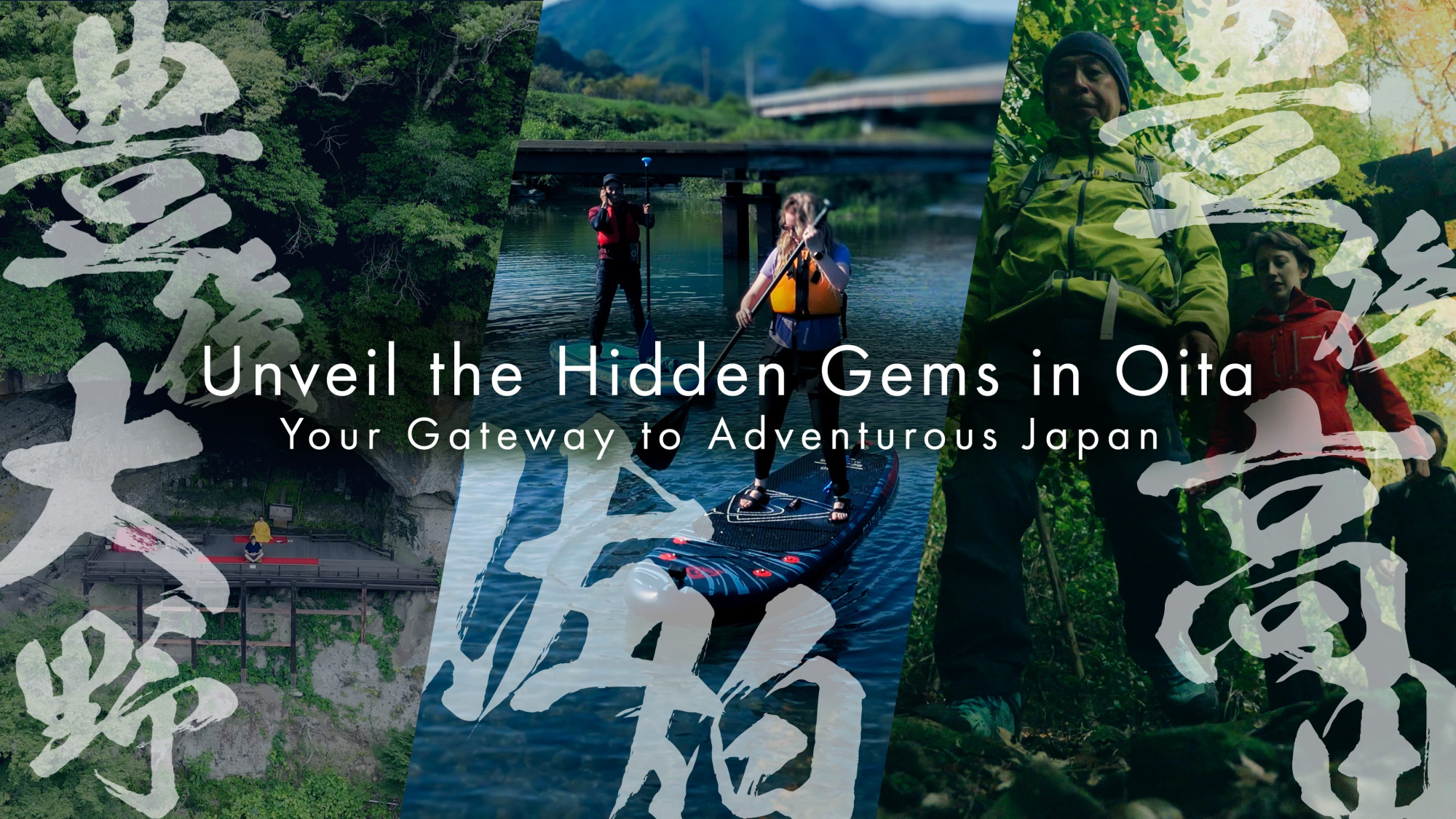
Saiki: A Journey Through Water and History
Saiki City, the largest municipality in Oita by land area, retains an atmosphere of nostalgia with its cobblestone streets and traditional Japanese houses. It is also renowned for its high-quality seafood. Here, we hopped on electric bikes and set off to explore the town and riverside.
Our first stop was Sumiyoshi Shrine, a historical site where fishermen once prayed for safe passage at sea. From there, we cycled along the Banjō River, where a submersible bridge appeared to float on the water. This river has long connected the mountains to the sea and has supported local livelihoods for generations.
We also visited a massive wooden waterwheel—the largest one in western Japan. Afterward, we headed to the river to try stand-up paddleboarding (SUP). While I was initially unsure how to use the paddle, I soon felt a sense of unity with nature. Floating gently on the calm water, I fully experienced the charm of Saiki with my entire body.
Bungo-ōno: Walking on Land Forged by Volcanoes
Bungo-ōno City was once buried under volcanic ash from the eruption of Mount Aso about 90,000 years ago. Today, it’s known as the “Vegetable Garden of Oita,” and is blessed with rich greenery and clear waterways, making it ideal for hiking and cycling.
Our journey began at JR Asaji Station, with the first destination being Yujaku Park. You could feel the breath of nature as frogs and insects moved actively along the water's edge. For lunch, we enjoyed a bento box and cold drinks at a nearby community center.
In the afternoon, we visited Fukōji Temple, also known as the “Hydrangea Temple.” Nestled in a quiet valley, the temple provided a serene setting for experiencing Ajikan, a form of Shingon Buddhist meditation, led by the head priest. Even though it was only 20 minutes, I felt a profound sense of inner peace.
Our next stop was Sannomiya Hachiman Shrine, a place that felt both mysterious and sacred. Later, as the sun began to set, we rode our electric bikes through rural rice fields, watching the golden sunset shimmer off the paddies. The day concluded with visits to Harajiri Falls, the Miyasako Stone Buddhas, and a scenic ride along the Ōno River before arriving at JR Ogata Station. We left the area with unforgettable memories in our hearts.
From Bungotakada to Kunisaki: Trekking the Sacred Trail of Rokugō Manzan
To cap off our adventure, we visited the Kunisaki Peninsula, home to the Rokugō Manzan culture. In this region, where the history of Shinbutsu Shūgō (the fusion of Shintoism and Buddhism) is alive, the mountains themselves are considered sacred. This deep reverence is clear in the numerous temples, shrines, and stone Buddhas scattered across the region.
We began in Bungotakada City, walking along the Kunisaki Long Trail Course. This trail retraces the ancient pilgrimage path established by the legendary monk Ninmon and his disciples. Surrounded by lush greenery and the sound of cicadas in the summer air, we followed in the footsteps of the monks who once trained here, reflecting on their spiritual legacy.
At the eighth station of the trail, we reached Kōzanji Temple. We enjoyed a trail lunch bento made with local ingredients and offered a prayer for safety. From the scenic viewpoint, the breathtaking panorama was so refreshing that it felt like it washed away all our worries.
The second half of the tour was a thrilling downhill ride on bicycles, descending from 450 meters above sea level along unpaved roads. We passed through the historic agricultural landscape of Tashibuno-shō and visited the mystical Oku-Atago Shrine before reaching our final destination—Hotaru-no-Yakata. The contrast between speed and stillness made this journey a truly luxurious and memorable experience.
